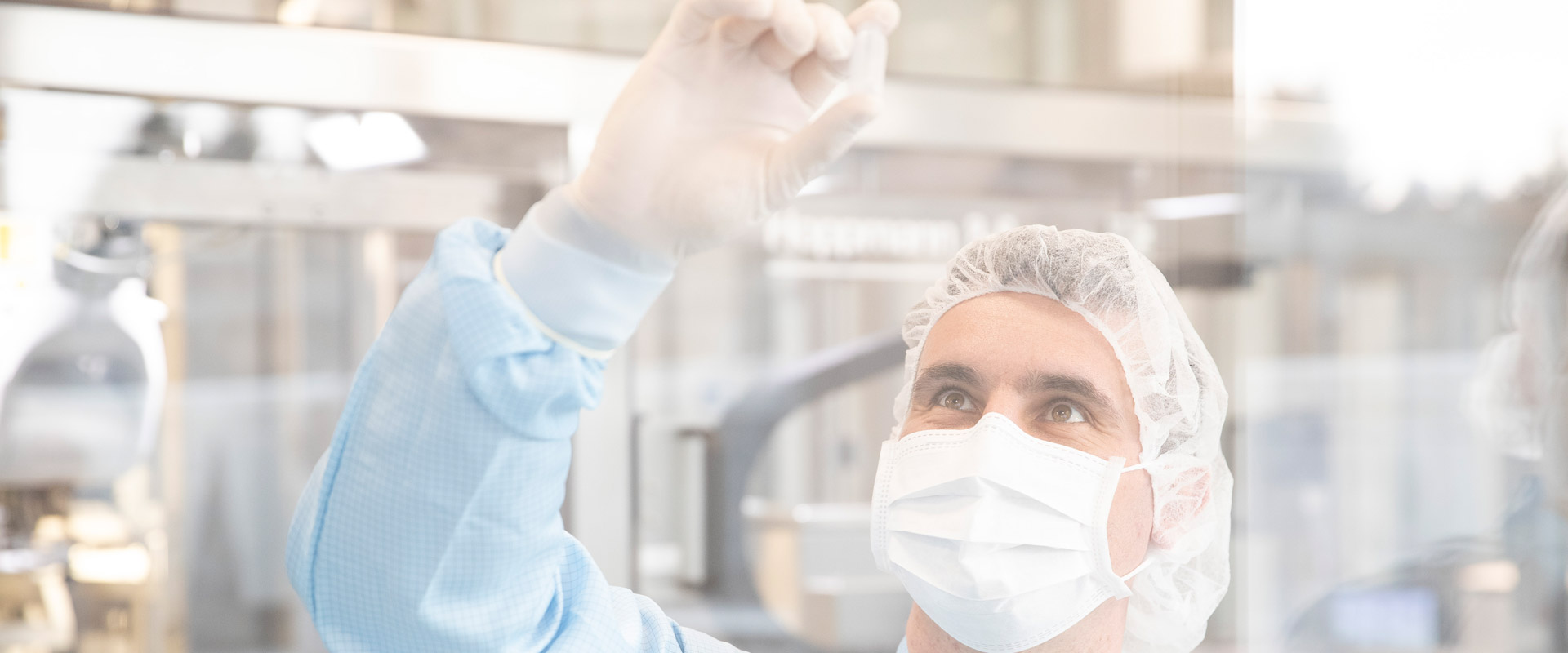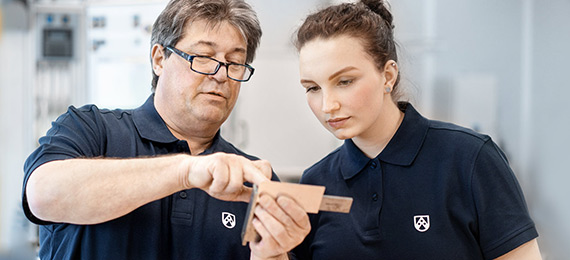Innovation for sewer systems
New device facilitates repair work
While people go about their everyday lives on the city streets, it is the underground sewage system that makes everyday life as we know it possible in the first place. Pipe systems many kilometres long transport wastewater as well as rainwater and melt water to the sewage treatment plants of our communities and cities. The inlets of the pipe systems are regularly checked and repaired, if necessary. A newly developed pressing device with Trovidur® EC-N facilitates the work inside the sewer system.
While repair work in inaccessible sewers is carried out by remote-controlled robot systems, the repairs in accessible sewers are usually carried out manually inside the sewer. Workers have to painstakingly coat fibreglass mats with reaction resin inside the sewer and to manually build it up layer by layer in the inlet of the pipes that need to be repaired – not really the nicest workplace as the odour of the sewer and the reaction resin make it a difficult task. In order to shorten the time spent in the sewer, an engineering firm has developed a new type of pressing device using Trovidur®. It makes it possible to have much of the work take place outside the sewer system.
Trovidur® supports the pressing device
The workers fit the pressing device with the fibreglass mats and the reaction resin already inside the service vehicle. Inside the sewer, they simply place the device at the respective inlet and, by applying pressure, press the fibreglass mat to the area that needs to be repaired. Trovidur® facilitates this pressing process at several points. A base ring with a thickness of 8 mm distributes the contact pressure very effectively during the pressing. Another 3 mm thick ring on the fitting adapts perfectly to the shape of the inlet, compensates for any unevenness and at the same time is stiff enough to hold the fibreglass mats impregnated with the reaction resin in position until they harden.

“The right mixture of mechanical stability and flexibility convinced the customer of the material.”
Christoph Zell, Product Manager Trovidur® Röchling Industrial
The right material has convinced the customer
“Our material offers the ideal properties for this purpose. The right mixture of mechanical stability and flexibility convinced the customer of the material,” explains Christoph Zell, Product Manager Trovidur®. The plasticizer-free PVC is also highly resistant, especially to acids, alkalis and salt solutions – an advantage when repair work is to be carried out inside sewer systems.

Contact
We would be happy to inform you about our Trovidur® EC-N in greater detail.











